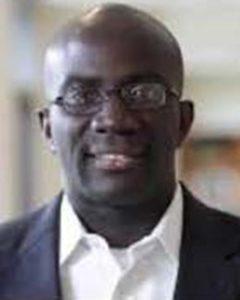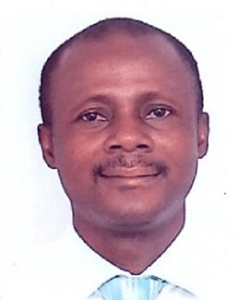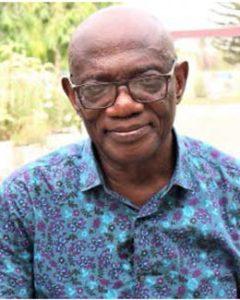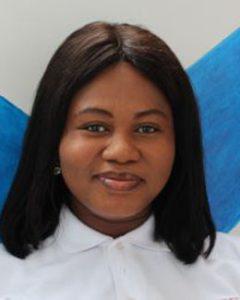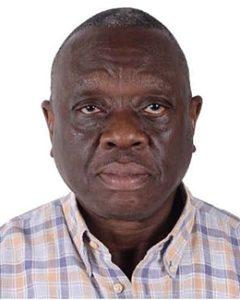FOCUS
Master Fellows Program spreads learning across Ghana
By Kwabena Amporful, Julius Agbeko, Jophus Anamuah-Mensah, Louisa Koomson, Israel Titi Ofei, Susan O’Hara and Robert Pritchard
Categories: Continuous improvement, International perspectives, Teacher leadershipJune 2024
Read the remaining content with membership access. Join or log in below to continue.
Sed ut perspiciatis unde omnis iste natus error sit voluptatem accusantium doloremque laudantium, totam rem aperiam, eaque ipsa quae ab illo inventore veritatis et quasi architecto beatae vitae dicta sunt explicabo. Nemo enim ipsam voluptatem quia voluptas sit aspernatur aut odit aut fugit, sed quia consequuntur magni dolores eos qui ratione voluptatem sequi nesciunt. Neque porro quisquam est, qui dolorem ipsum quia dolor sit amet, consectetur, adipisci velit, sed quia non numquam eius modi tempora incidunt ut labore et dolore magnam aliquam quaerat voluptatem.
References
Acheampong, K. & Wumbee, J. (2016). Report on the evaluation of the 2016 INTED Master Fellows training. INTED.
Blacklock, P.J. (2009). The five dimensions of professional learning communities in improving exemplary Texas elementary schools: A descriptive study. University of North Texas: Theses and Dissertations.
Colburn, C. (2003). Rethinking scale: Moving beyond numbers to deep and lasting change. Educational Researcher, 32(6) 3-12.
Dwomoh, D., Godi, A., Tetteh, J., Amoatey, C., Otoo, R., Tornyevah, L., & Hazlett, C. (2022). The Impact of the Free Senior High School Education policy and double-track system on quality education outcomes: A quasi-experimental policy evaluation study in Ghana. Africa Education Review, 19(2), 1-24.
Hord, S.M. (1997). Professional learning communities: Communities of continuous inquiry and improvement. SEDL.
MKA Education Services. (2021). Evaluation report on pilot project: Leading Girls’ Learning Program (LGLP). INTED.
Ravi, C. (2012). Evaluation of the 2012 INTED Summer Institute. INTED.
Senge, P. (1990). The fifth discipline: The art & practice of the learning organization. Doubleday.
Vavrus, F., Thomas, M., & Bartlett, L. (2011). Ensuring quality by attending to inquiry: Learner-centered pedagogy in sub-Saharan Africa. UNESCO International Institute for Capacity Building in Africa.
Categories: Continuous improvement, International perspectives, Teacher leadership
Recent Issues
NAVIGATING NEW ROLES
April 2025
Whether you’re new to your role or supporting others who are new,...
LEARNING DESIGNS
February 2025
How we learn influences what we learn. This issue shares essential...
BUILDING BRIDGES
December 2024
Students benefit when educators bridge the continuum of professional...
CURRICULUM-BASED PROFESSIONAL LEARNING
October 2024
High-quality curriculum requires skilled educators to put it into...



